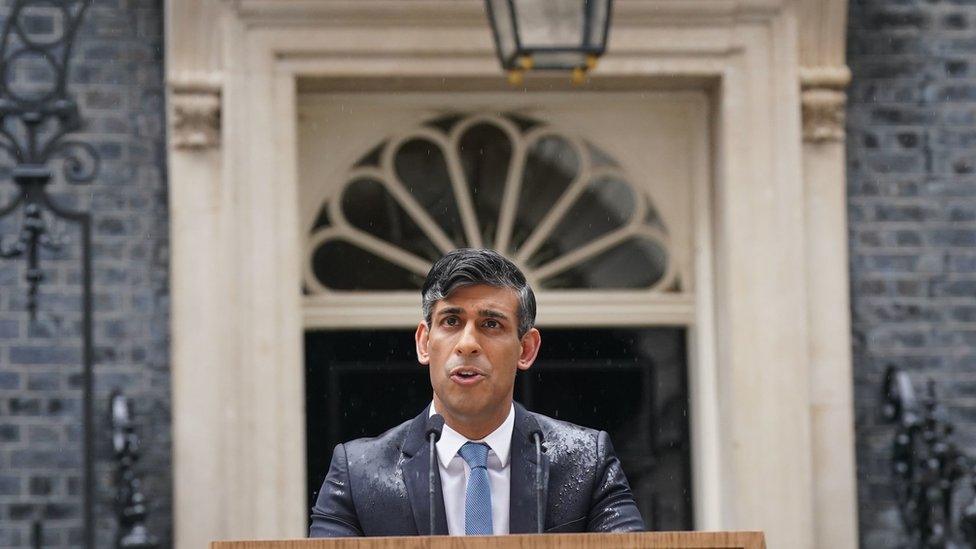What will the general election mean for Suffolk?
- Published
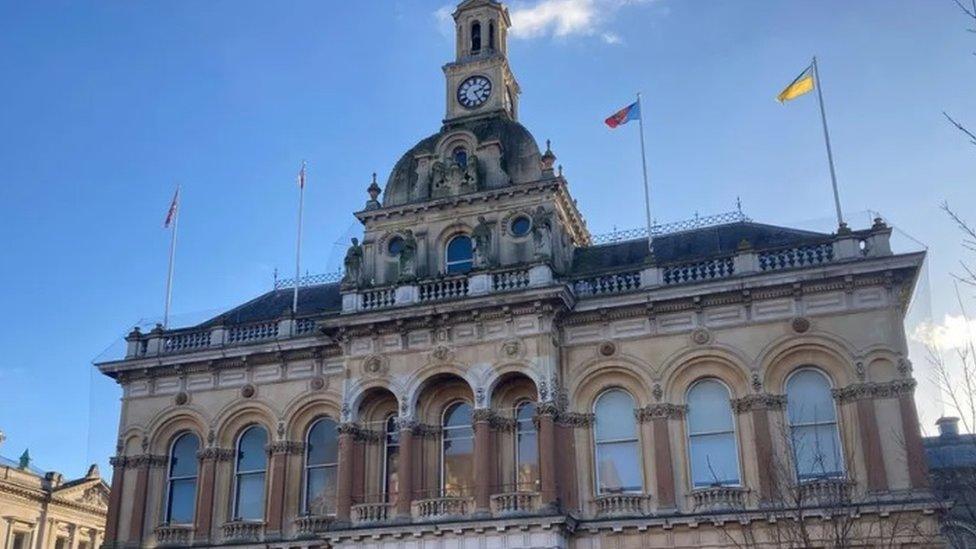
Votes are counted for the Ipswich constituency at the Town Hall
Voters in Suffolk will head to the polls on 4 July to select eight MPs to represent the county.
Two MPs are standing down - Matt Hancock and Dan Poulter will not contest the seats they have held since 2010.
A new constituency will be contested, Waveney Valley, which crosses the border between Suffolk and Norfolk.
The previous seven seats were all won by the Conservatives in 2019, although Dr Poulter defected to Labour in April.
Here is a rundown of the constituencies:
Bury St Edmunds
Conservative Jo Churchill won the seat in 2019 with a majority of nearly 25,000. Labour finished in second place.
Conservative candidates have won here since 1880, although in 1997 Labour came within a few hundred votes of taking the seat.
Potential election issues include county lines drug dealing and transport infrastructure.
Central Suffolk and North Ipswich
Dr Poulter's move from the Conservatives to Labour dominated the headlines in April, but he says he will be standing down at the next election, so the seat will have a new MP.
The seat has been held by the Tories since 1997, when it was created.
It is a varied constituency with rural farming communities and small villages alongside North Ipswich and Kesgrave, which are much more urban.
Appealing to both groups of people is a challenge for any candidate.
Ipswich
This has been the most contested seat in Suffolk in recent times.
Labour and the Conservatives have both won in the past few decades, with the Tories taking the seat in 2019.
The future of the town centre, crime levels and the building safety crisis are all topics that will likely come up during the campaign.
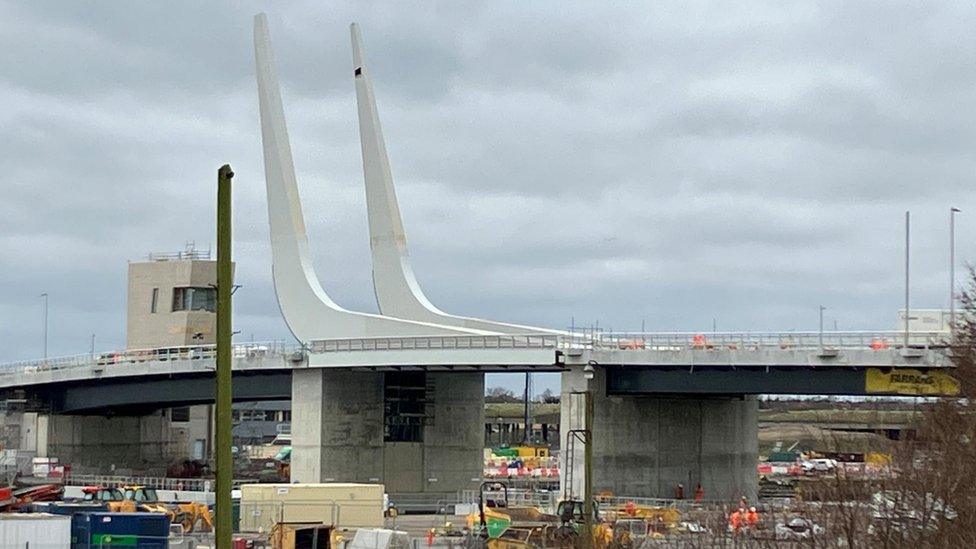
The Gull Wing Bridge in Lowestoft is set to open later this year, after being discussed for decades
Lowestoft
This seat was formerly known as Waveney but will now focus more on the coastal town of Lowestoft.
The Conservatives narrowly took the seat from Labour in 2010 and have increased their majority in subsequent elections.
Election topics such as fishing, coastal deprivation and jobs will all come up in debates.
Suffolk Coastal
The constituency in East Suffolk has been held by the Conservatives since 1983 when it was created and has a diverse mix of towns, villages and lots of farmland.
Energy projects are a hot talking point, with offshore wind being processed onshore in the area, as well as the construction of a new nuclear power station at Sizewell on the horizon.
Water quality and rural transport are other topics likely to feature in the build up to the election.
South Suffolk
Another seat that has been dominated by the Tories.
The Conservatives have held the constituency, which includes towns like Sudbury and Hadleigh, since 1983.
The potential construction of miles of electricity pylons and cables through the area has caused controversy recently.
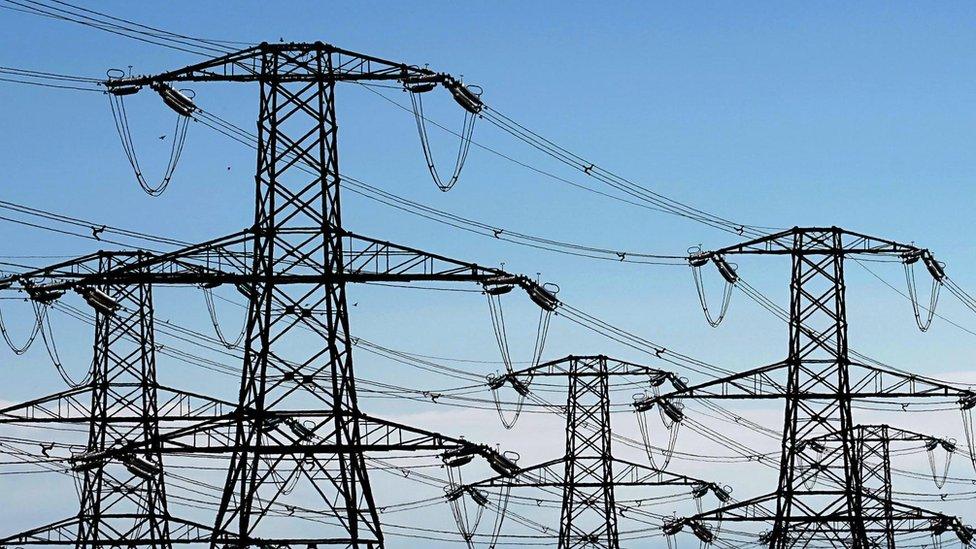
Numerous power projects are planned for Suffolk
Waveney Valley
This is a new seat, and crosses the border between Suffolk and Norfolk.
It covers a large geographical area of towns and villages - Bungay and Diss the largest.
Pylons are again an issue, as will be rural transport, with many feeling like they have to rely on cars to get around.
West Suffolk
Conservative MP Mr Hancock is standing down at the next election, so West Suffolk will have a new representative in Parliament.
The seat has been held by the Tories since being introduced in 1997.
The horse racing industry often dominates conversation around Newmarket, but discussions in Haverhill may focus on jobs, while there is a huge solar farm planned for the area as well.

Got a story? Email eastofenglandnews@bbc.co.uk, external or WhatsApp us on 0800 169 1830
- Published22 May 2024
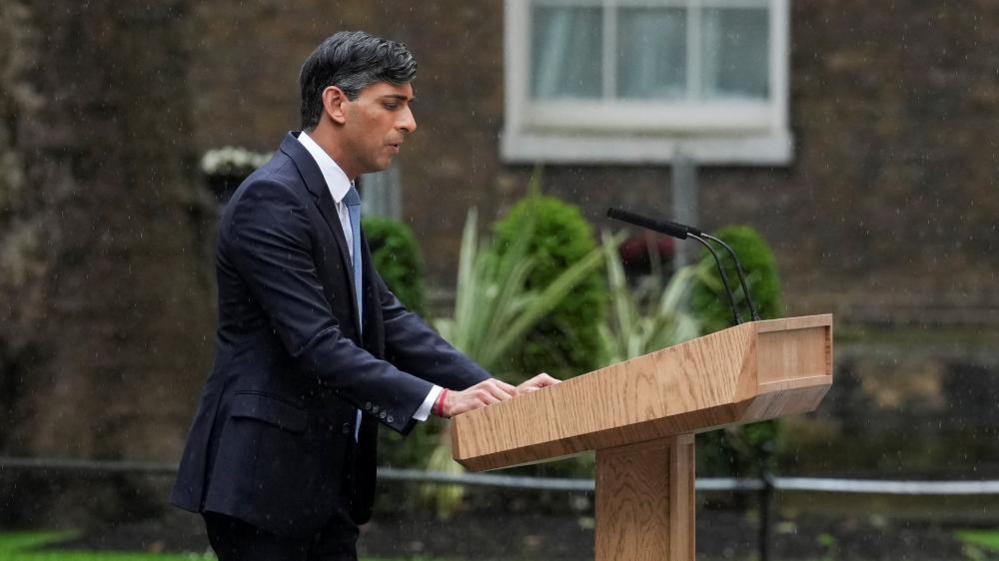
- Published22 May 2024
